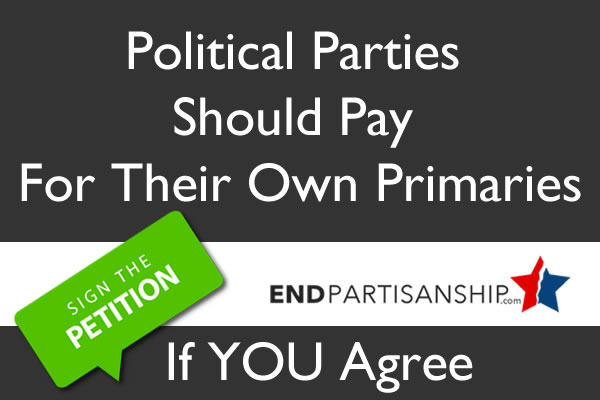Leave It To Canada To Analyze Cause Of Partisanship In US

The most important component of a representative system is very simple: accountability. Who are our representatives accountable to? Today, most representatives, whether a result of gerrymandering or the partisan primary system altogether, are accountable to a small partisan base: largely single-issue party-line voters.
The standoff in Congress has caused an uptick of interest in change, with proponents such as FairVote’s Rob Richie expecting legislation proposing changes to the way representatives are elected to be introduced in the House of Representatives. Still, if any change is to happen, it is more likely to be on a ballot initiative in one of the states. After all, politicians in Washington are in no mood to agree on anything—let alone on reforming themselves.
But do we ever ask why political parties get special access to our election system? Why do our public tax dollars support a system based on representative parties, and not people? Why don't we have nonpartisan primary elections where the best candidates go to the general election, not the king or queen of two parties who have used our future as their playground?
Leave it to Canada's Maclean's Magazine:
The polarization train that would bring Washington to the peak of partisanship now had two powerful engines: the parties were losing their moderate lawmakers, and the remaining members were being pulled to ideological extremes by primary voters who rewarded purity and punished heretics.
Jackie Salit Talks Primaries on Tedx
http://youtu.be/_5R0_e1kvqg?t=8m46s



